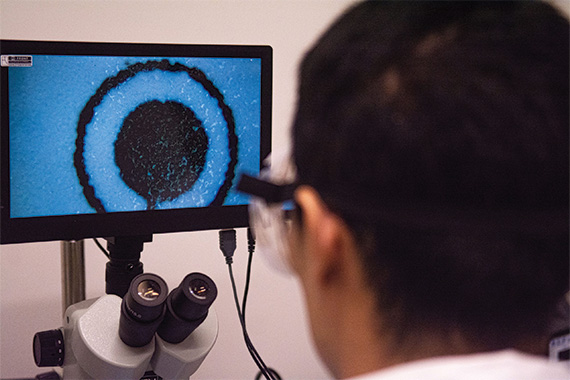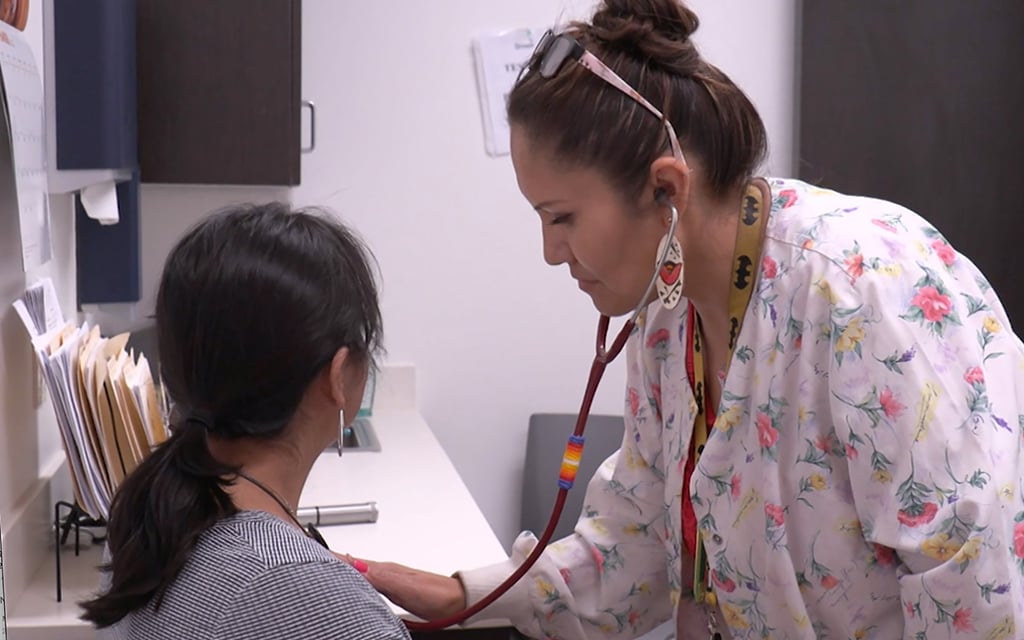According to reports, private equity firms are acquiring hospitals around the US, which may harm patients. Private equity ownership can lead to cost-cutting, staff layoffs, lower treatment quality, and more medical errors, according to two investigations. The findings focus on Apollo Global Management hospitals, raising issues about how financial manipulations affect healthcare outcomes.

Private Equity’s Catastrophic Impact on Hospitals
Recent Private Equity Stakeholder Project (PESP) publications examine Apollo Global Management’s Lifepoint and ScionHealth hospital systems. Hospitals scored low on health equity, value, and outcomes. Apollo hospitals have 2.8 stars overall CMS ratings, well below the national average.
A JAMA study suggests a concerning link between private equity ownership and medical mishaps. The analysis of Medicare claims from 51 private equity-run hospitals found a 25% increase in hospital-acquired illnesses in the first years after acquisition. These hospitals had higher rates of falls, central-line bloodstream infections, and surgical site infections, raising worries about private equity’s impact on healthcare.
PESP’s analysis reveals cost-cutting and layoffs after private equity acquisitions. Apollo owned Lifepoint, which cut wage and benefit costs by $166 million and supply costs by $54 million in 2020. The remaining personnel reported underpayment, and some hospitals cut obstetric, pediatric, and psychiatric services. These practices raise patient care issues.
READ ALSO: 100 Days of Service: Baptist Health Celebrates a Century of Care in 2024
High Debt and Financial Maneuvers
Private equity-owned hospitals, especially Apollo-owned ones, were discovered to be heavily indebted. Moody’s Investor Services put ScionHealth‘s debt at 5.8 times its income and Lifepoint’s at 7.9. Sale-leaseback arrangements, when hospitals lease back land they once owned, raise concerns about diverting cash from operations to debt servicing.
Apollo-owned hospitals including Lifepoint’s Wilson Medical Center in North Carolina have been regulated for worsening conditions. A bipartisan study by Senators Chuck Grassley and Sheldon Whitehouse into the effects of private equity ownership on U.S. hospitals was triggered by patient fatalities and attacks. The study addresses issues regarding poor care, site closures, and financial practices affecting patient outcomes.
READ ALSO: £399 Flow Headset Offers New Hope for Depression as Private Sales Skyrocket by 700%



